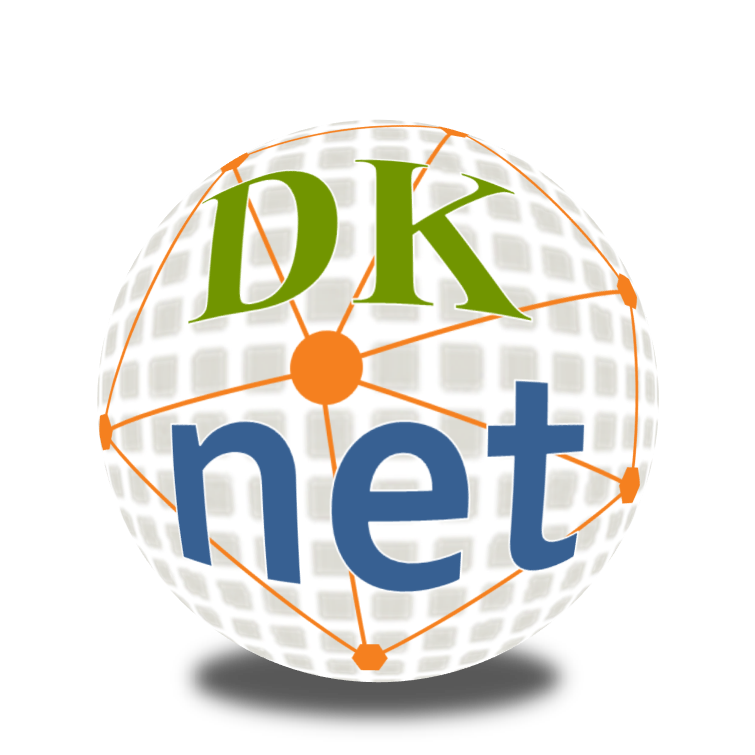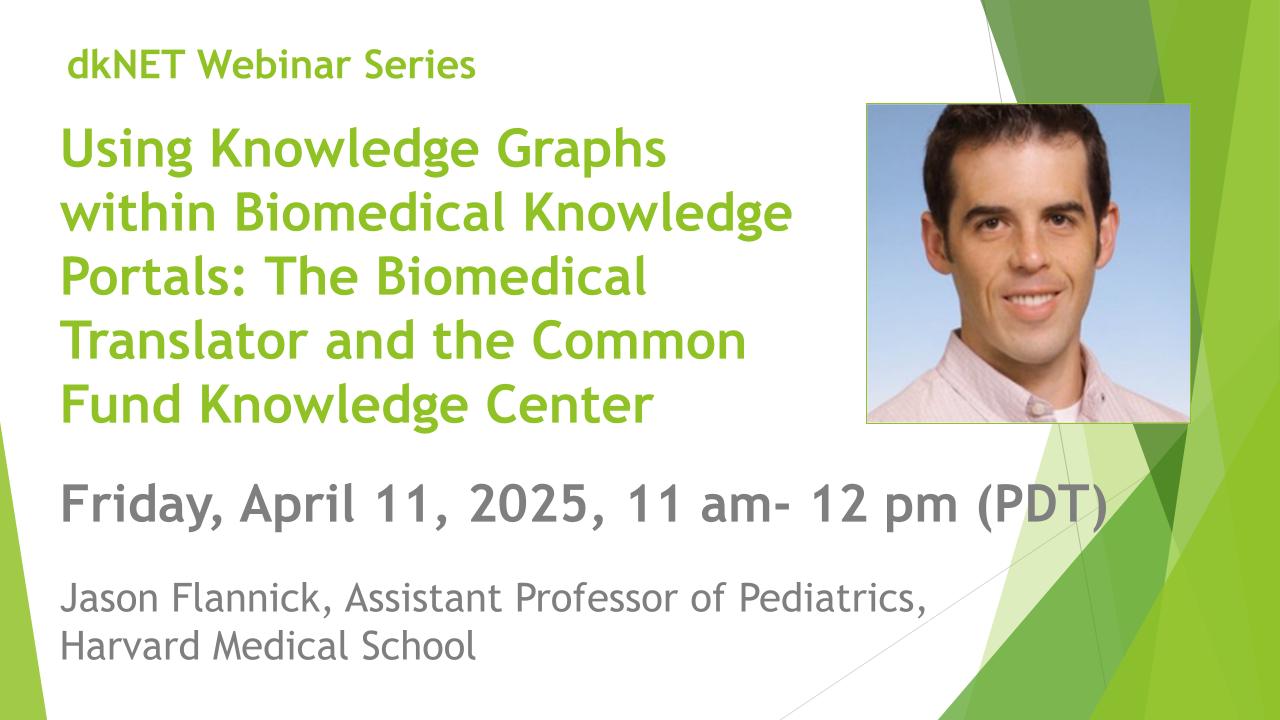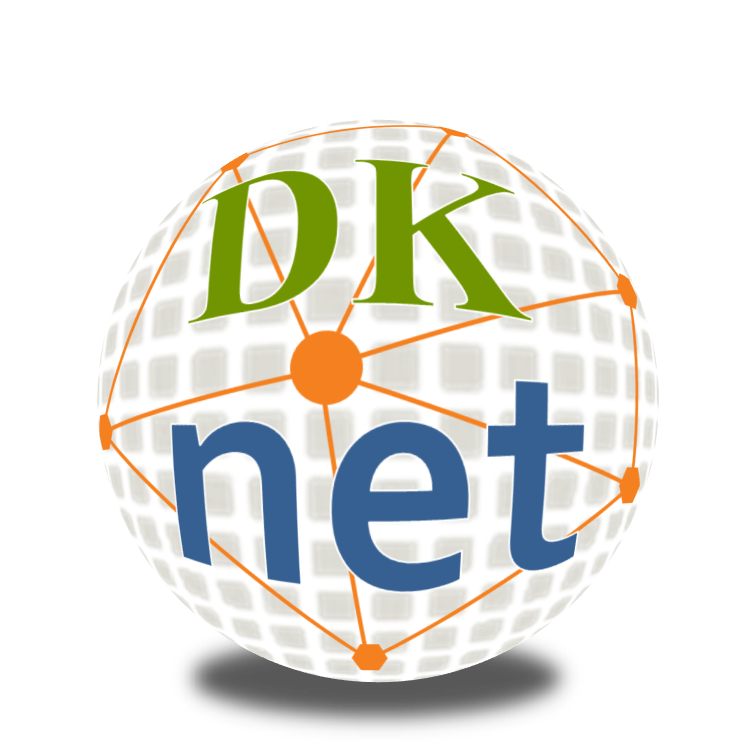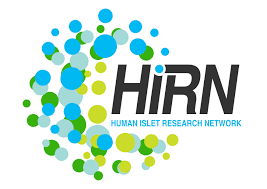Leaving Community
Are you sure you want to leave this community? Leaving the community will revoke any permissions you have been granted in this community.
Congratulations! SPP team published a paper "Consensus transcriptional regulatory networks of coronavirus-infected human cells" in Nature Scientific Data!
Congratulations! dkNET Hypothesis Center - Signaling Pathways Project (SPP) team Dr. Scott Ochsner and Dr. Neil McKenna have collaborated with the NDEx project and published a paper "Consensus transcriptional regulatory networks of coronavirus-infected human cells" in Nature Scientific Data! This paper shows you how scientists can use SPP to put FAIR data into practice in the fight against COVID-19!
Here is the abstract of this paper: "Consensus transcriptional regulatory networks of coronavirus-infected human cellsScott A. Ochsner, Rudolf T. Pillich & Neil J. McKenna
Sci Data 7, 314 (2020) https://doi.org/10.1038/s41597-020-00628-6
Abstract
Establishing consensus around the transcriptional interface between coronavirus (CoV) infection and human cellular signaling pathways can catalyze the development of novel anti-CoV therapeutics. Here, we used publicly archived transcriptomic datasets to compute consensus regulatory signatures, or consensomes, that rank human genes based on their rates of differential expression in MERS-CoV (MERS), SARS-CoV-1 (SARS1) and SARS-CoV-2 (SARS2)-infected cells. Validating the CoV consensomes, we show that high confidence transcriptional targets (HCTs) of MERS, SARS1 and SARS2 infection intersect with HCTs of signaling pathway nodes with known roles in CoV infection. Among a series of novel use cases, we gather evidence for hypotheses that SARS2 infection efficiently represses E2F family HCTs encoding key drivers of DNA replication and the cell cycle; that progesterone receptor signaling antagonizes SARS2-induced inflammatory signaling in the airway epithelium; and that SARS2 HCTs are enriched for genes involved in epithelial to mesenchymal transition. The CoV infection consensomes and HCT intersection analyses are freely accessible through the Signaling Pathways Project knowledgebase, and as Cytoscape-style networks in the Network Data Exchange repository."
Are you interested in learning how to use SPP to generate hypotheses?
- What's dkNET Hypothesis Center? https://dknet.org/about/hypothesis_center
The dkNET Hypothesis Center - Signaling Pathways Project (SPP) knowledgebase is a hub for big data and hypothesis generation that allowsresearchers to extract information across different transcriptomic and ChIP-Seqdatasets. It is a powerful meta-analysis platform that surveys across millions ofbiocurated 'omics data points to make high-confidence connections betweengenomic targets, their upstream regulatory pathways, and disease states.
- Signaling Pathways Project: https://www.signalingpathways.org
- Check out the SPP live demo presentation slides: https://www.slideshare.net/dkNET/dknet-webinar-dknet-hypothesis-center-signaling-pathways-project-live-demo
- Hypothesis generation using SPP coronavirus infection consensomes tutorial: https://youtu.be/jqyvHsORCZ0
Source and more information: Ochsner, S.A., Pillich, R.T. & McKenna, N.J. Consensus transcriptional regulatory networks of coronavirus-infected human cells. Sci Data 7, 314 (2020). https://doi.org/10.1038/s41597-020-00628-6





